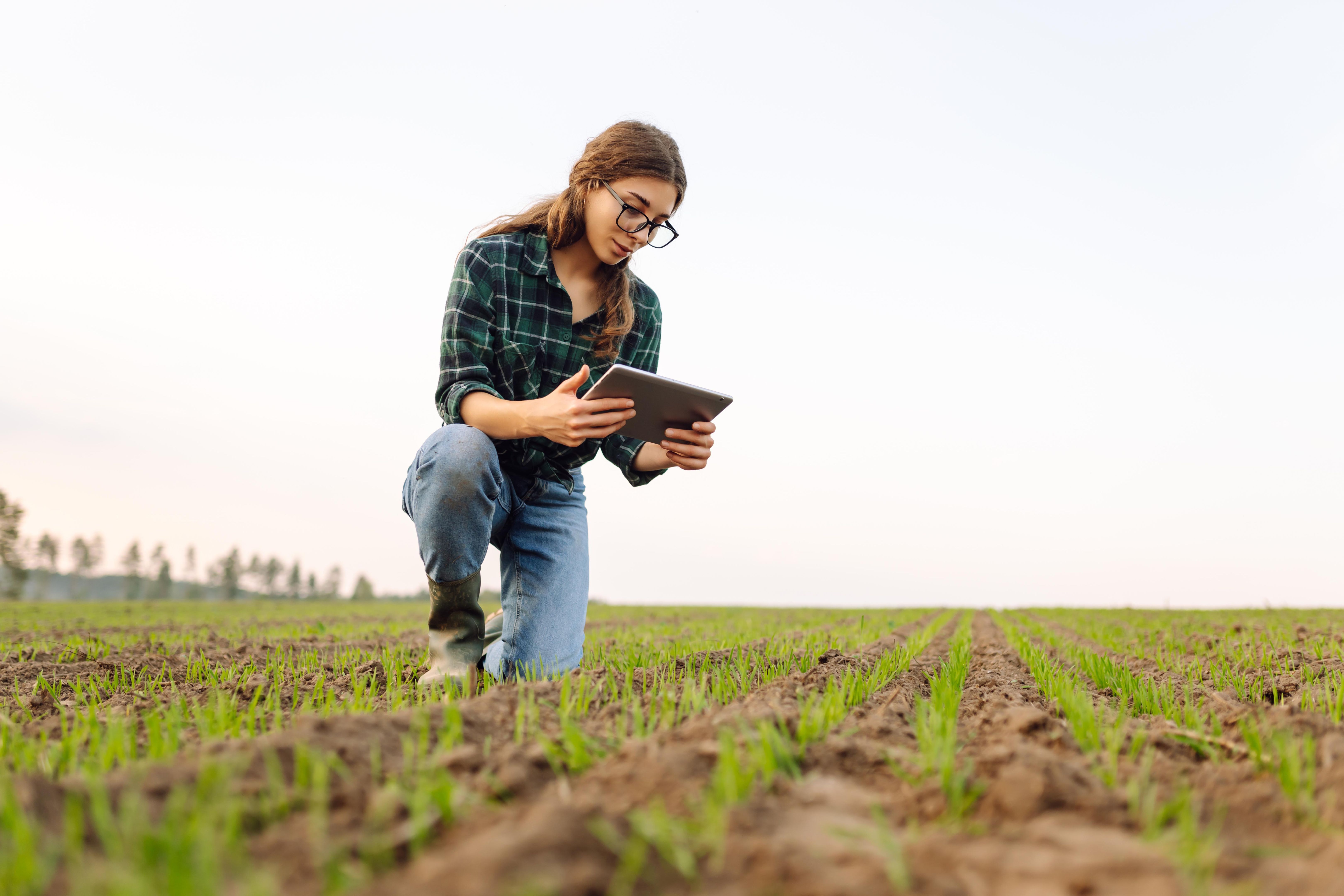Revolutionizing the Food Industry with IoT
The Internet of Things: A Game Changer for the Food Industry
The integration of the Internet of Things (IoT) in the food industry is ushering in a new wave of innovation and efficiency. As food production and distribution become increasingly complex, IoT technologies are playing a pivotal role in streamlining processes, ensuring quality, and enhancing sustainability. From farm to fork, the applications of IoT are transforming how we produce, process, and consume food.
IoT devices enable real-time monitoring of agricultural environments, providing farmers with critical data about soil conditions, weather patterns, and crop health. This data-driven approach allows for precise farming techniques, optimizing resource usage such as water and fertilizers. As a result, farmers can improve yield quality and quantity while minimizing environmental impact.

Enhancing Food Safety and Quality Control
Ensuring food safety and maintaining quality standards are paramount concerns in the food industry. IoT solutions offer robust systems for tracking and monitoring food products throughout the supply chain. By using sensors and smart tags, companies can monitor temperature, humidity, and other conditions to prevent spoilage and contamination.
Additionally, IoT-enabled traceability systems allow for swift action in the event of a food safety issue. With detailed tracking from origin to destination, companies can quickly identify and isolate problematic batches, significantly reducing the risk of widespread outbreaks.
Revolutionizing Supply Chain Management
The IoT is revolutionizing supply chain management by providing unprecedented visibility and control over logistics operations. Smart logistics solutions powered by IoT can track shipments in real-time, optimize delivery routes, and manage inventory more efficiently. This not only reduces operational costs but also ensures timely delivery of fresh products to consumers.
Furthermore, IoT technologies help in minimizing food waste—a critical issue in the industry. By offering insights into expiration dates and storage conditions, retailers can better manage stock levels and reduce unnecessary waste. This not only benefits the environment but also enhances profitability by maximizing product utilization.
Improving Consumer Engagement and Experience
IoT is not just about improving processes behind the scenes; it also enhances consumer engagement. Smart appliances and connected devices provide consumers with personalized experiences, from smart refrigerators that suggest recipes based on available ingredients to apps that track dietary preferences and nutritional intake.
Moreover, IoT technology enables consumers to access detailed product information, such as origin, nutritional content, and sustainability practices. This transparency builds trust and allows consumers to make informed purchasing decisions that align with their values.

The Future of IoT in the Food Industry
As IoT technology continues to evolve, its potential applications in the food industry are boundless. Emerging innovations like blockchain integration for secure data sharing and AI-powered analytics for predictive insights are set to further revolutionize the sector.
Ultimately, the growing adoption of IoT will drive efficiencies, improve food safety, and promote sustainability across the industry. As stakeholders continue to embrace these technologies, the future looks promising for a more connected and efficient global food system.
Commercial Kitchen Marketplace
Your one-stop online destination for equipping professional kitchens. Discover a wide selection of durable, high-quality commercial-grade appliances, from heavy-duty ovens and refrigeration units to efficient food preparation tools and essential kitchenware. Visit our store: http://avice.org
